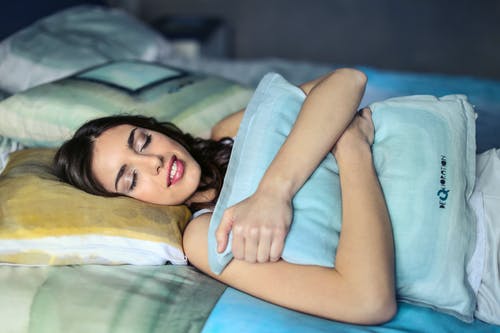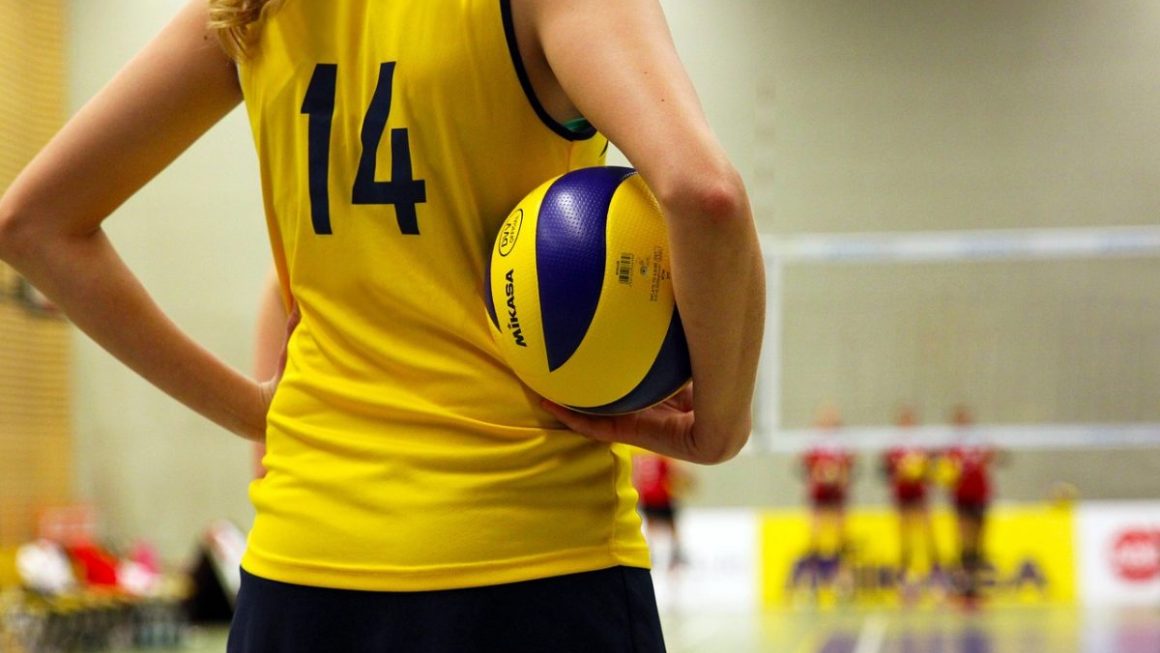About every third adult has no sleep. It is an amazing statistic, especially when you consider the serious consequences of sleep deprivation. Lack of sleep can lead to traffic accidents, heart disease, obesity, and difficulty remembering past events.
If you can’t get enough rest every night, you may wake up confused or have trouble concentrating. Fortunately, you can improve your sleep by adopting a few healthy habits or trying a few tips.
Let’s take a look at five of the top tips for improving sleep.
1. Just say No
One of the best things you can do to improve your sleep is to avoid caffeine, alcohol, and nicotine before bed. These substances can change your mental state and make it difficult to fall asleep. Alcohol can also disrupt sleep patterns and cause you to wake up or perhaps fall asleep at night.
Suppose you have alcohol or nicotine addiction problems. Then there’s a great reason to find support and minimize your usage: more restful sleep, which can translate into a healthier body and happier mind.
2. Separate your Environments
Do you spend hours every night working, watching TV, or playing sports in your bedroom? If you’ve made a special spot on your bedside table just for your laptop, it may be time to cut the cord. Not literally, of course!
Separating your sleeping environment from your work and play areas is essential for quality sleep. It is because our brains make associations between places, activities, and states of being. Laying down on a bed can make you feel sleepy even if you previously felt energetic.
Alternatively, you can wake up in the shower in the afternoon when you usually start your day with a quick shampoo and rinse off. Enjoy a nightly Massage
Massage treatment can help you feel relaxed and comfortable. And if your muscles don’t clench from tension and stress, you can probably fall asleep more easily. However, live-in massage therapists can be expensive and difficult to find.
You might want to invest in a home massager. The best option for you will depend on your daily pain points, and there are several different types of massage devices.
The foot and calf massager can help remove painful pressure points and keep you up at night. You can also opt for a handheld massage gun, but this option may be too powerful for the average shopper.
3. Lower your Bedroom Temperature
If you’ve ever had trouble falling asleep due to high temperatures, you’re not alone. When the air around us is too hot and humid, it cannot catch a few Zs. If possible, turn down your room temperature every night before bed.
You can do this by installing a fan, lowering your home’s air conditioner, or purchasing a small portable air conditioner. The ideal temperature for sleeping is 65 ° C. make sure that the duvet or blankets on your bed are comfortable enough to snuggle up in!
Also Read :What Is The Best Sleeping Position
4. Create a Bedtime Ritual
Let’s take a moment to review the concept of association. If you’ve followed the steps above but are still struggling to fall asleep and fall asleep, it may be time to develop a bedtime ritual.
It might sound a little strange, but it’s a thoughtful way to use your brain’s associations forever. Just as you might get better sleep in a room, you associate with sleep. You might get better rest by doing a series of actions before bed each night. These actions can be as simple as brushing your teeth, washing your face, and reading part of a book. You can also dance for 15 minutes and then put on your pyjamas before drinking some water.
Final thoughts:
Not getting enough sleep can be particularly harmful. However, improving the quality of sleep doesn’t have to be complicated or expensive. By avoiding certain substances before bed, you can ensure that your body is ready to rest and stay calm.
When you separate your work environment, your mind develops positive associations with your spaces to help you fall asleep more easily. By lowering your bedroom’s temperature, you can snuggle up under the covers and get a good night’s sleep.
Finally, creating a bedtime ritual can help strengthen associations and lead to an increased state of relaxation that ensures a good night’s sleep.




